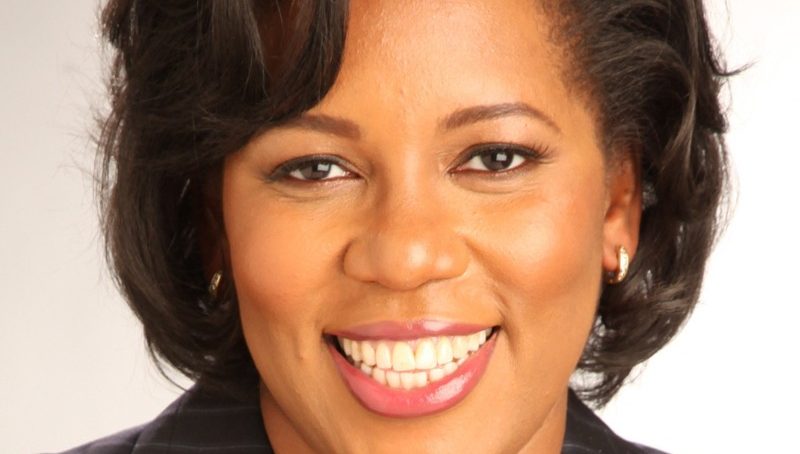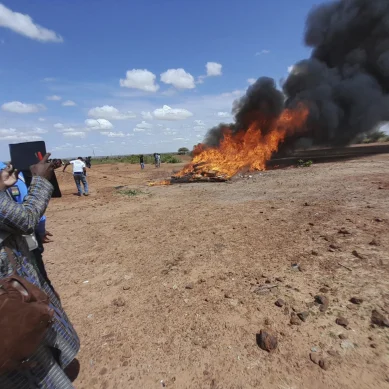
Bullying is endemic in academia, an environment riddled with hierarchies and hyper-competition, exacerbated by an over-reliance on temporary contracts and the pressure to land highly coveted tenured positions.
To give a sense of the scale of the problem, in any 12-month period, on average, 25 per cent of faculty members self-identify as being bullied, while 40-50 per cent say they have witnessed others being bullied, according to a synthesis of studies published in 2019.
A survey that year of 9,000 staff at the Max Planck Society, the German research organisation, found that 10 per cent had experienced bullying behaviour in the past 12 months and 17.5 per cent reported bullying events over a longer time frame.
One in five of the graduate students who responded to Nature’s 2019 global PhD survey reported experiencing bullying, and 57 per cent of those reported feeling unable to discuss their situation without fear of personal repercussions.
As universities around the world grapple with pandemic-related stressors, including cutbacks, layoffs and furloughs, an environment could emerge in which bullying behaviours increase, says Loraleigh Keashly, a researcher at Wayne State University in Detroit, Michigan, who studies academic bullying.
A 2020 paper that she co-authored with Morteza Mahmoudi, a nanotechnologist at Michigan State University in East Lansing, suggests that the pandemic could fuel abusive academic-workplace behaviours owing to worsening psychological health and economic and social inequities.
Mahmoudi is co-founder and director of the Academic Parity Movement, a global initiative that aims to document bullying and increase legal protections for bullied researchers. It defines bullying by an academic superior as “sustained hostile behaviour … including, but not limited to, ridiculing, threatening, blaming, invasion of privacy, [and] put-downs”.
The definition also includes “interference with matriculation and career progress”, such as “removing funding, writing falsely negative recommendation letters, taking credit for others’ work and threatening to cancel visas or fellowships.”
In what follows, Keashly and Mahmoudi, along with six other higher-education professionals who research bullying in academia, talk about some of the options available to those who are faced with a bullying supervisor, and how researchers can protect their careers and mental well-being in the process. They also outline how universities are putting in place policies and reporting procedures – often despite the absence of national laws to offer protection from workplace bullying.
Finally, a researcher who complained about a PhD supervisor’s bullying behaviour towards him and others at a university in Australia describes his experience and the toll it took. Because of the sensitivity surrounding his situation, we are not revealing his identity.
In 2016, the PhD student mentioned above witnessed his adviser’s extreme response to a fellow graduate student. Two years later, he himself was the focus of his supervisor’s ire. The abuse “was always for little mistakes – for example, submitting a paper to a journal with a typo,” he says.
It was always disproportionate, including yelling, ostracisation and threats, such as removing his name from the authorship of a paper or discontinuing supervision, he adds.
He says that the experience of being bullied caused a mental breakdown and led to the collapse of his personal relationship because of the stress it caused.
But bullying is not always clear-cut and Keashly stresses that it does not include negative comments delivered appropriately in a performance evaluation.
“You need to make sure at the first stage that what you are experiencing is academic bullying, and that it’s not a misunderstanding or something that will fall into the academic-freedom realm,” says Mahmoudi.
The key difference is that academics should be free to criticize ideas, he says, but without fear or threat of retaliation or consequences.
To make sense of any untoward behaviour, the two researchers recommend documenting any and all instances of it. “Bullying often starts off quite subtly and, if unaddressed, can escalate over time,” says Keashly.
The target of a bully should write down what happened, how they felt about it, how they responded, and anything else going on at the time, she says. “Having records helps the recipient get a sense as to whether this is an aberration or if it is becoming established as a pattern,” she says. Furthermore, says Mahmoudi, “academic bullies are clever; they can leave no trace.”
Keashly encourages those who have been bullied to check their institution’s formal policies and procedures for raising concerns about hostile, unfair treatment. This can be done either by asking human-resources colleagues or by checking the university website to see whether there are workplace discrimination, harassment or anti-bullying policies in place.
Leah Hollis, a workplace-bullying researcher based at Rutgers University in New Brunswick, New Jersey, recommends checking whether the institution has a grievance policy or faculty senate (or similar faculty governing body) that can offer support to those who have been bullied. Unions can also offer advice, she adds.
Another important step is to consult with the university’s ombudsman or an equivalent office, says Mahmoudi. These offices exist at most large research institutions, in the United States and around the world, to offer an informal, impartial and confidential conflict-management service that operates independently of the university.
“Nothing will be leaked to your PI [principal investigator] or department; you are ensured confidentiality,” he says of these offices.
Most UK institutions have established complaint procedures or mediation services. If university-based options don’t satisfy, students in England and Wales can take their concerns to the Office of the Independent Adjudicator.
It addresses unresolved complaints, including those to do with bullying, harassment and discrimination.
Beyond university anti-bullying and grievance policies, some countries have introduced legislation aimed at tackling the issue. In France, for example, a labour code put in place by the 2002 Social Modernisation Act protects employees from bullying or harassment that intentionally or unintentionally degrades their working conditions, violates their rights and dignity, impairs their physical or mental health, or jeopardizes their professional future.
Still, when asked whether academics in France are better protected from workplace bullying, Loïc Lerouge, a labour-law researcher at the University of Bordeaux, France, says: “On paper, yes; in practice, no.”
“People don’t always trust the procedures,” says Christina Björklund, a researcher at the Karolinska Institute in Stockholm who studies workplace bullying. It is still quite rare for bullies to be held accountable for their behaviour, she says.
The Swedish government has asked Björklund and colleagues to develop evidence-based guidelines for all workplaces.
“Bullying is about power,” she adds. “If you choose to report it, it will be tough and will take a lot of your energy.”
To that end, says Hollis, victims need to build a support community, which could include peers and family members, with whom to share what happened and how it made the bullying target feel. “Find your allies first,” she advises.
There’s no shame in talking to a mental-health counsellor, she adds. “Always remember: it’s not your fault.”
Following a spate of high-profile investigations at prominent institutions (see Nature 563, 616–618; 2018), a growing number of universities, mindful of the financial and reputational cost of bullying, are introducing reporting mechanisms alongside anti-bullying policies.
- A Nature magazine report











